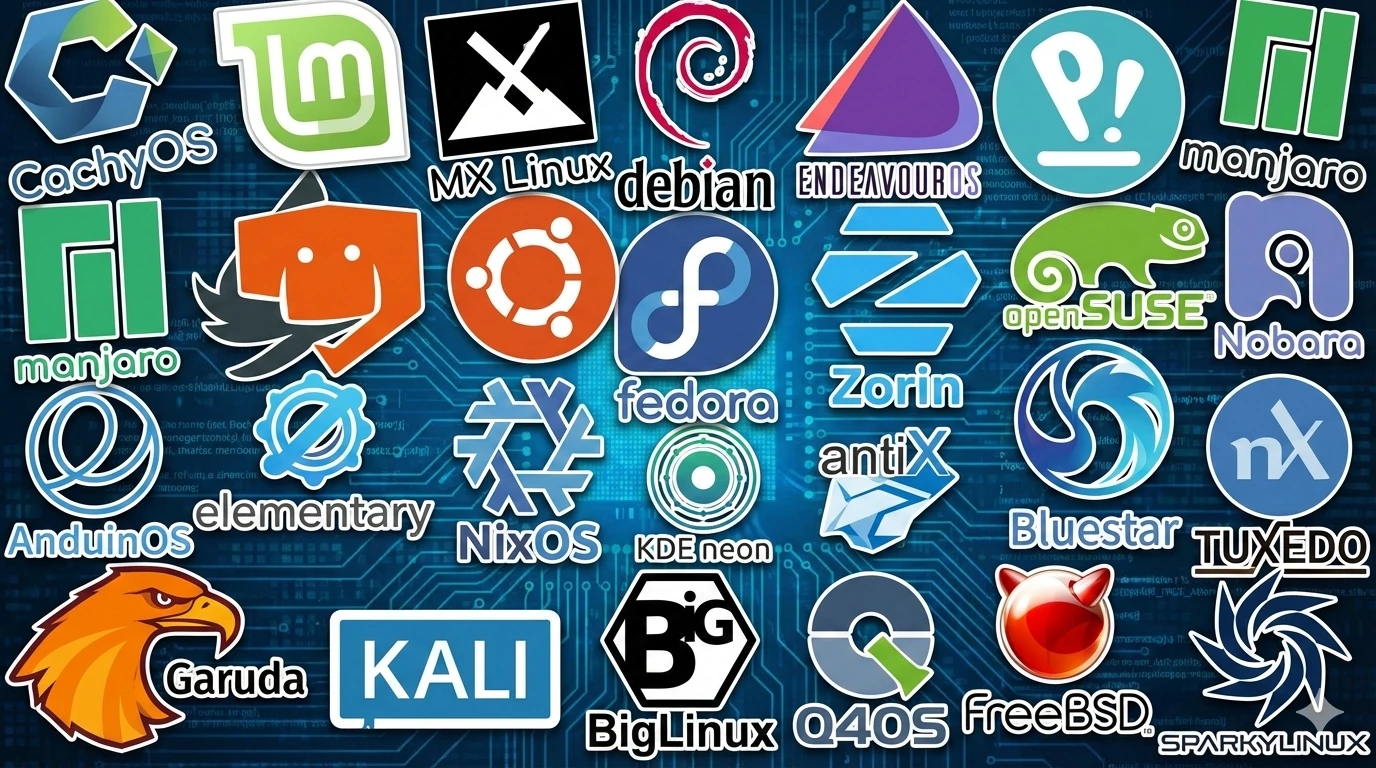It’s been a year since the last update to Commodore OS Vision, a Linux-based operating system that harkens back to the golden days of the Commodore 64 while embracing modern computing capabilities. Since its initial release, the project has drawn attention from retro enthusiasts and open-source advocates alike. However, the recent silence from its creators raises questions about its future. Could Commodore OS Vision be due for a revival? What improvements could we expect if the project moves forward?
A Nostalgic OS with Potential
Commodore OS Vision is a unique offering in the OS landscape, blending a vintage aesthetic with modern functionality. Its retro-themed desktop environment, complete with C64-inspired icons and layouts, is a love letter to the 1980s computing era. Yet, it also delivers a surprisingly robust Linux experience, capable of running contemporary software and games.
The concept is solid, but the question remains: how can Commodore OS Vision evolve to remain relevant in today’s fast-paced tech world?
Challenges of an Outdated Base
One of the most significant hurdles for Commodore OS Vision is its reliance on an aging Linux distribution. Many of its components are no longer actively supported, making the system potentially vulnerable to security risks and compatibility issues with modern hardware and software.
To address this, the creators could consider rebuilding Commodore OS Vision on a more up-to-date Linux base. Distributions like Ubuntu LTS, Fedora, or Arch Linux could provide a stable foundation while offering access to the latest software and drivers. Alternatively, using a rolling-release distribution would ensure the system remains current without requiring major version upgrades.
Modernizing Without Losing the Charm
While modernization is crucial, Commodore OS Vision must retain its retro charm to stay true to its roots. Here are a few suggestions to balance nostalgia with functionality:
- Enhanced Visuals: Introduce high-resolution versions of the iconic C64-inspired UI elements to look crisp on modern displays without losing their retro aesthetic.
- Customization Options: Provide users with greater control over the retro-themed interface, allowing them to toggle between classic and modern elements.
- Emulation Integration: Pre-configured emulators for Commodore systems could make it easier for users to relive their favorite C64 and Amiga titles seamlessly.
- Community Involvement: Open-source the project or encourage community contributions to speed up development and incorporate feedback from fans.
Expanding the Appeal
To broaden its appeal, Commodore OS Vision could incorporate features that resonate with both retro enthusiasts and general users:
- Gaming Support: Include tools like Steam, Proton, and Lutris to cater to the gaming community.
- Developer-Friendly Tools: A suite of coding tools inspired by classic BASIC programming but adapted for modern languages could attract developers.
- IoT and DIY Projects: Given the rise of Raspberry Pi and similar devices, the OS could target hobbyists looking for a unique, retro-styled platform for their projects.
Will Commodore OS Vision See a Revival?
The silence from the creators is concerning, but it doesn’t necessarily spell the end. Open-source projects often see periods of dormancy before being revived by passionate developers. The retro computing community has shown time and time again that it’s ready to rally behind projects that celebrate the past while embracing the future.
If Commodore OS Vision were to return, a renewed focus on stability, modern hardware support, and community engagement could make it more than just a nostalgic novelty. It could evolve into a platform that pays homage to computing history while offering a compelling experience for today’s users.
Only time will tell if Commodore OS Vision will rise again. For now, the retro computing world waits with hopeful anticipation.
The 25 Most Popular Linux Distributions of 2025: A Complete Guide
*An expert overview of the top-ranked Linux distros based on DistroWatch’s latest 12-month ran…
Is Gentoo Linux user friendly enough once it’s fully set?
Short answer: once Gentoo Linux is installed and configured, it can be perfectly “user-friendly” to …
10 Emerging Linux Distros to Watch in 2026
In the Linux ecosystem, gravity tends to pull us toward the giants—Ubuntu, Fedora, or Mint. But if 2…


